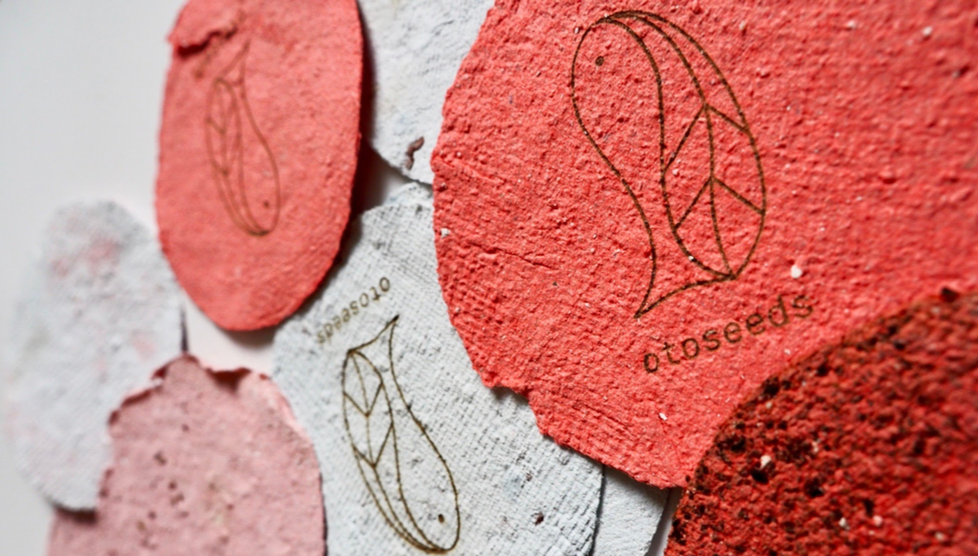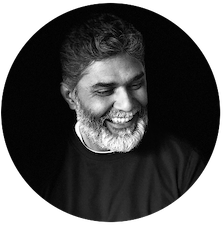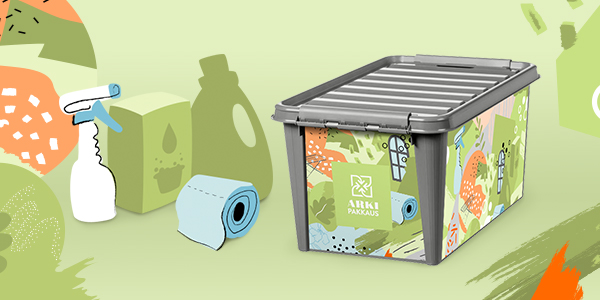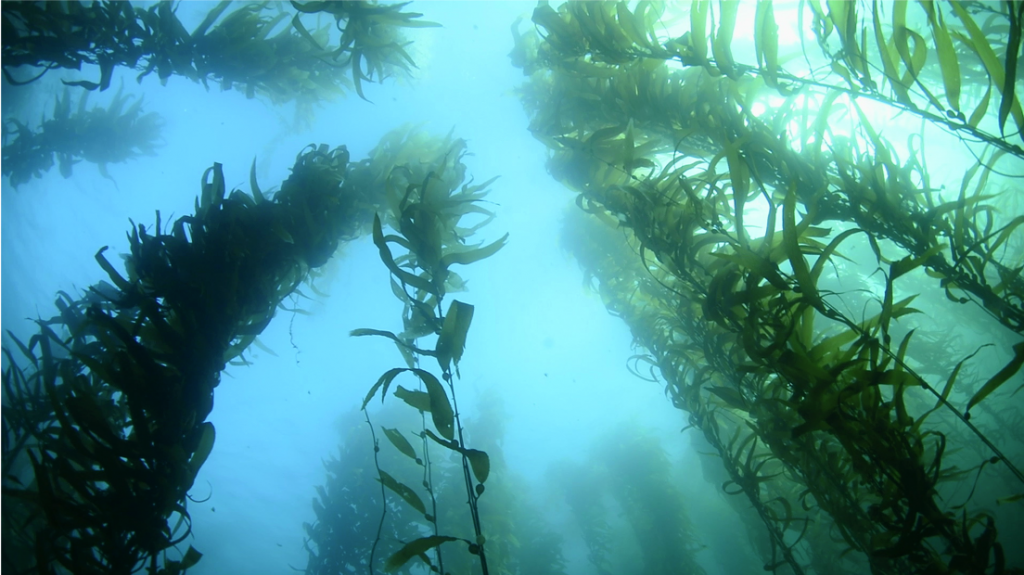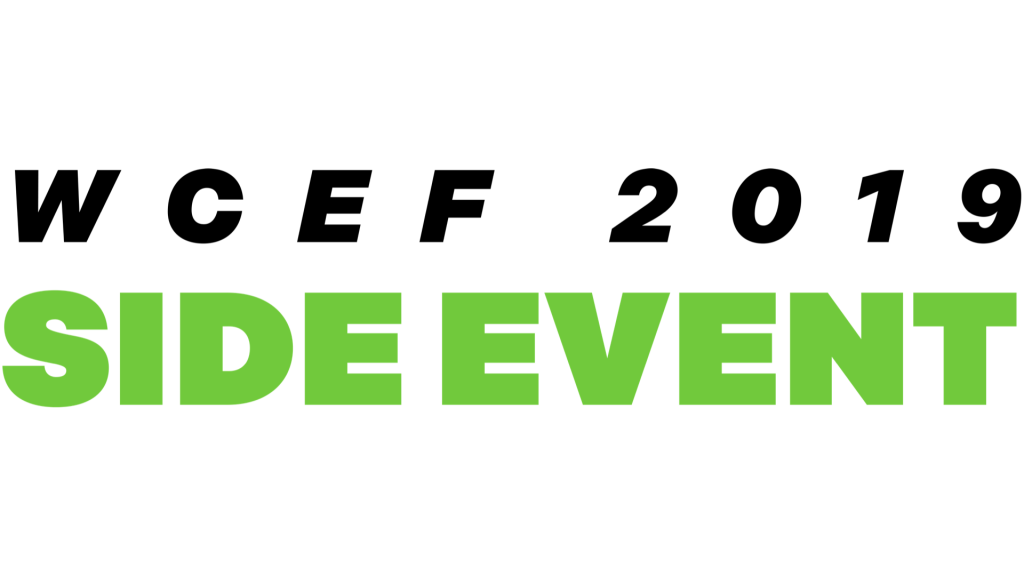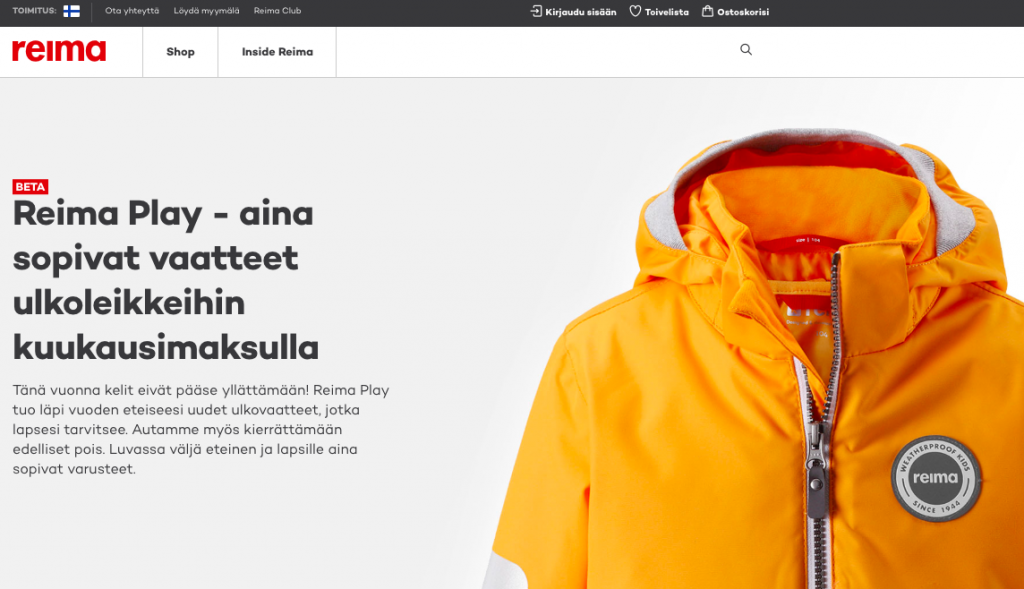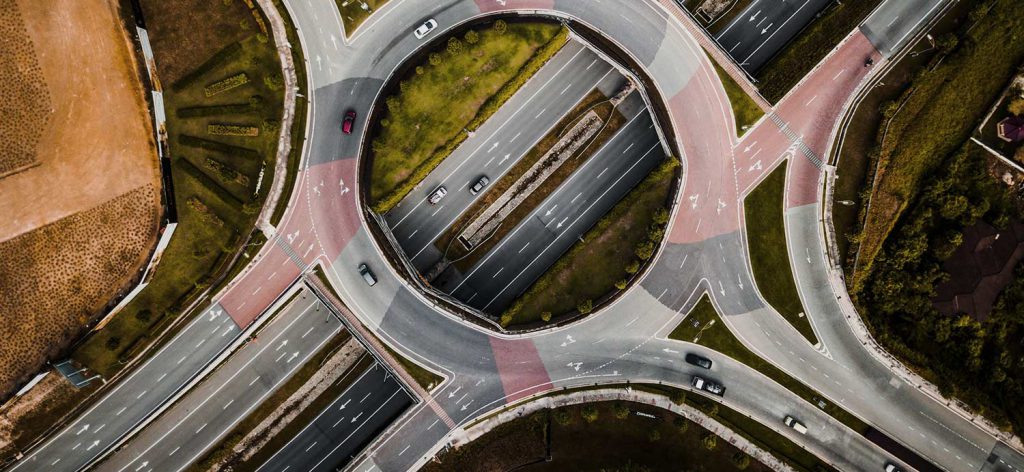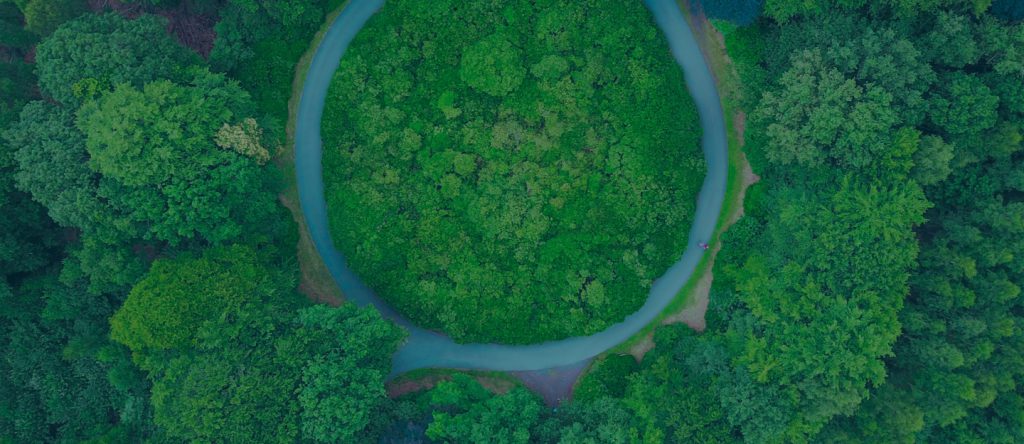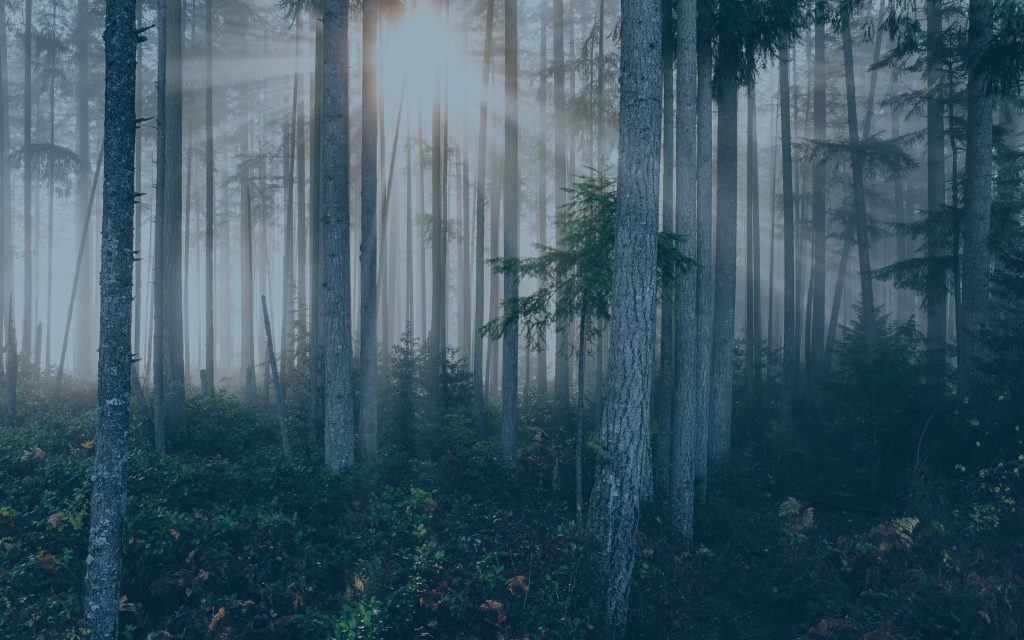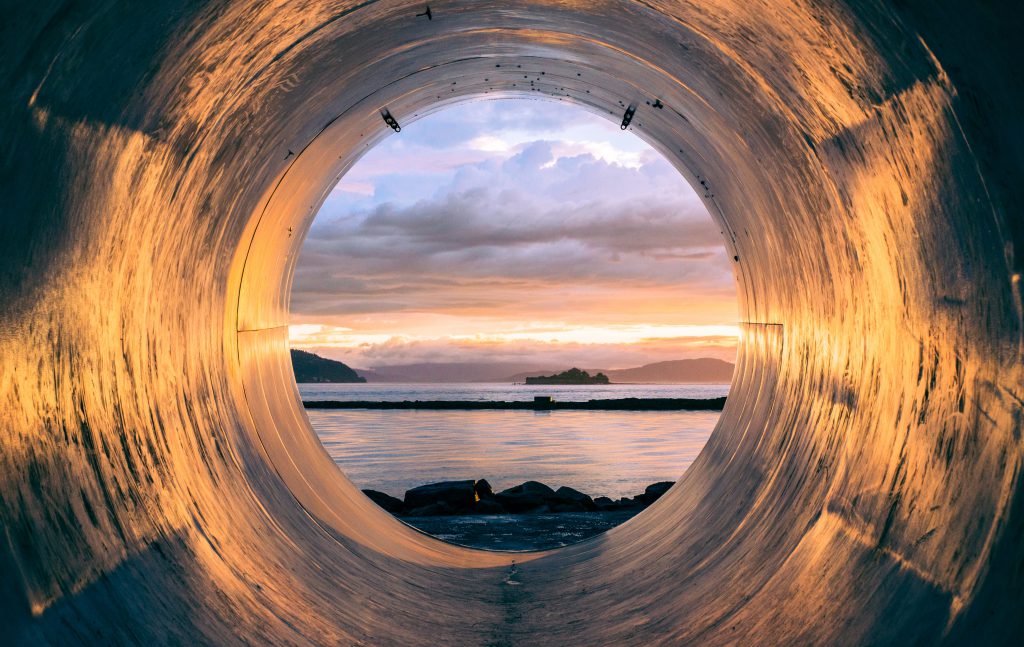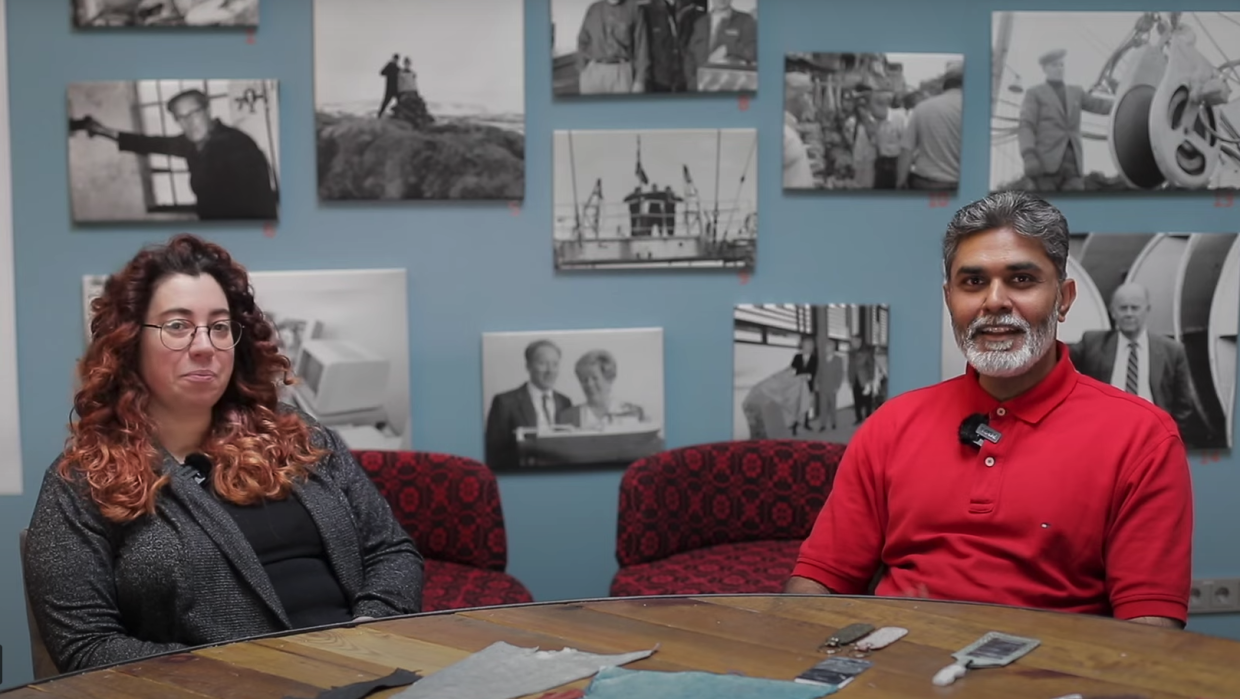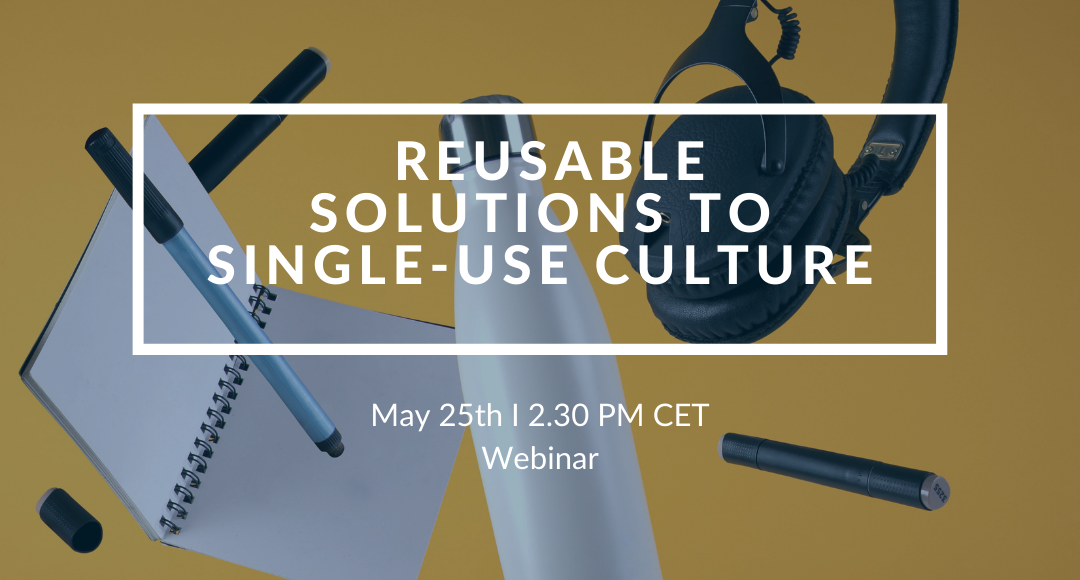Circular Economy Solutions Startups in Iceland
The global economy currently follows a linear model, where raw materials are mined, processed into products, consumed and thereafter become waste. Consequently, global consumption of materials such as biomass, fossil fuels, metals and minerals, is expected to double in the next forty years, while annual waste generation is projected to increase by 70% by 2050. The circular economy offers an alternative to the take-make-waste model, by maintaining the value of products, materials and resources in the economy for as long as possible and minimizing the generation of waste. There are countless small startup companies in Iceland that are working within the idea of the circular economy. Our top five picks for circular economy solution startups are the following.
Jarðgerðarfélagið (the Composting Company) was founded by Julia Brenner and Björk Brynjarsdóttir. They work with circular solutions in bokashi composting for municipalities, companies and individuals.
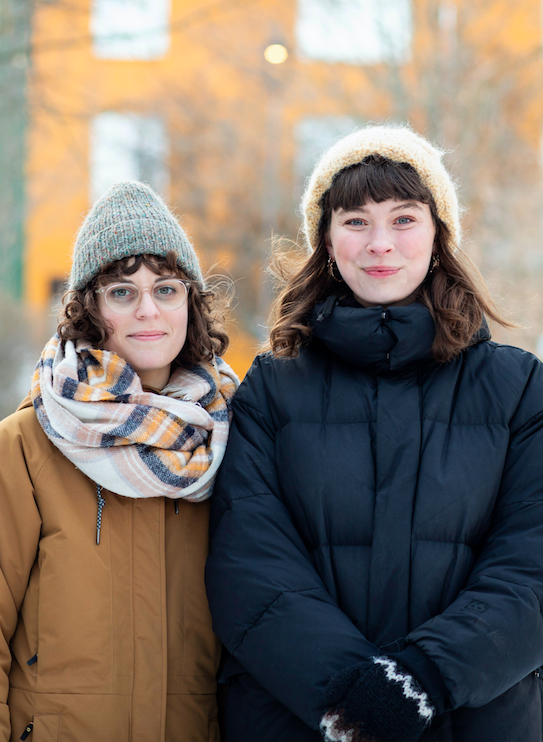
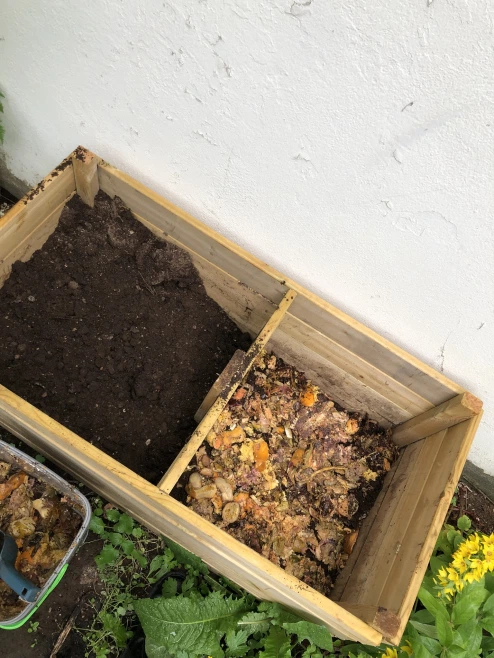
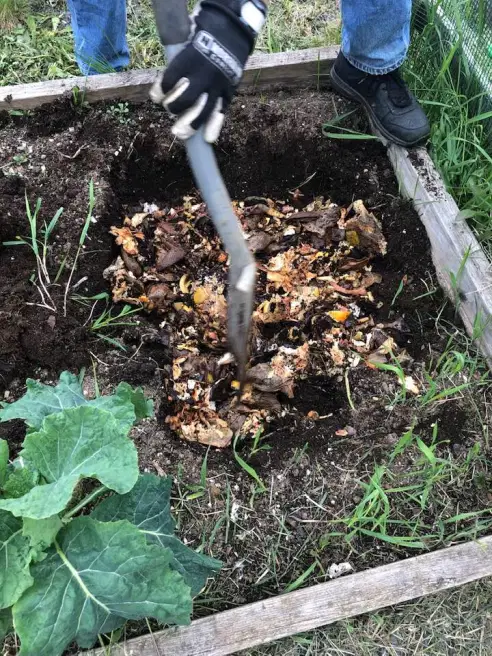
While studying entrepreneurship in Denmark, Björk learned about bokashi composting, which is a method of composting organic ingredients (such as leftovers and organic ingredients from the kitchen) by fermentation. The process can be compared to making sauerkraut for the earth, with the aim of reducing emissions and increasing the availability of nutrients in the soil. After Björk moved back to Iceland she teamed up with Julia who is a soil scientist. They wanted to offer people the opportunity to do something physical to fight climate change rather than just donating money, so they formed Jarðgerðarfélagið. They started setting up workshops where people meet and learn about composting. The company received good receptions early on and managed to build up a composting community in Iceland that has over 2,000 practitioners and enthusiasts. Since then, Jarðgerðarfélagið has expanded to working on new recycling solutions for municipalities. The goal is to fully process and utilize the resources from organic household waste. Bokashi treatment offers local, energy-efficient and cost-effective composting, reduces greenhouse gas emissions and creates a product that can be used for land reclamation, forestry and ecosystem restoration.
Endurtakk is a company founded by two Scottish brothers, Rik and Ross McNair. They take textile and other waste from various sources and turn it into functional garments and accessories. Endurtakk received notable attention earlier this year when they gave new life to the gray Icelandair fleece rugs, which most Icelanders are familiar with. The blankets have now been turned into fleece sweaters that have enjoyed great popularity in Reykjavik. The brand also designs denim jackets, dresses, t-shirts and chest bags.
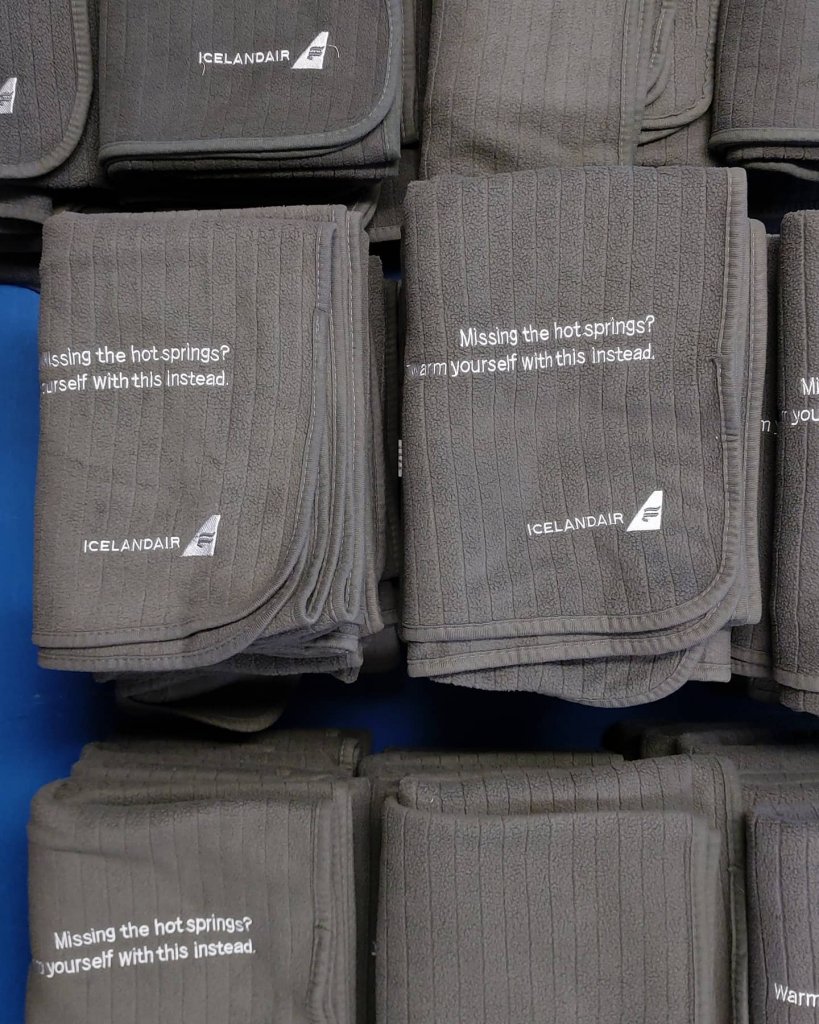
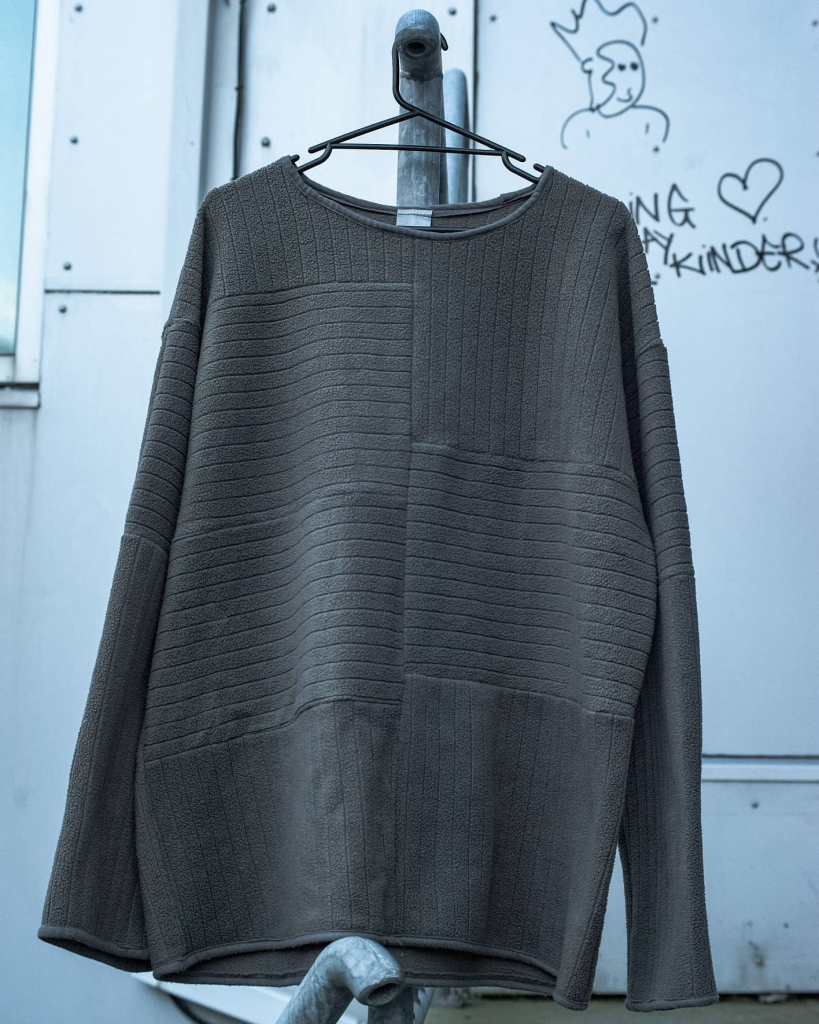
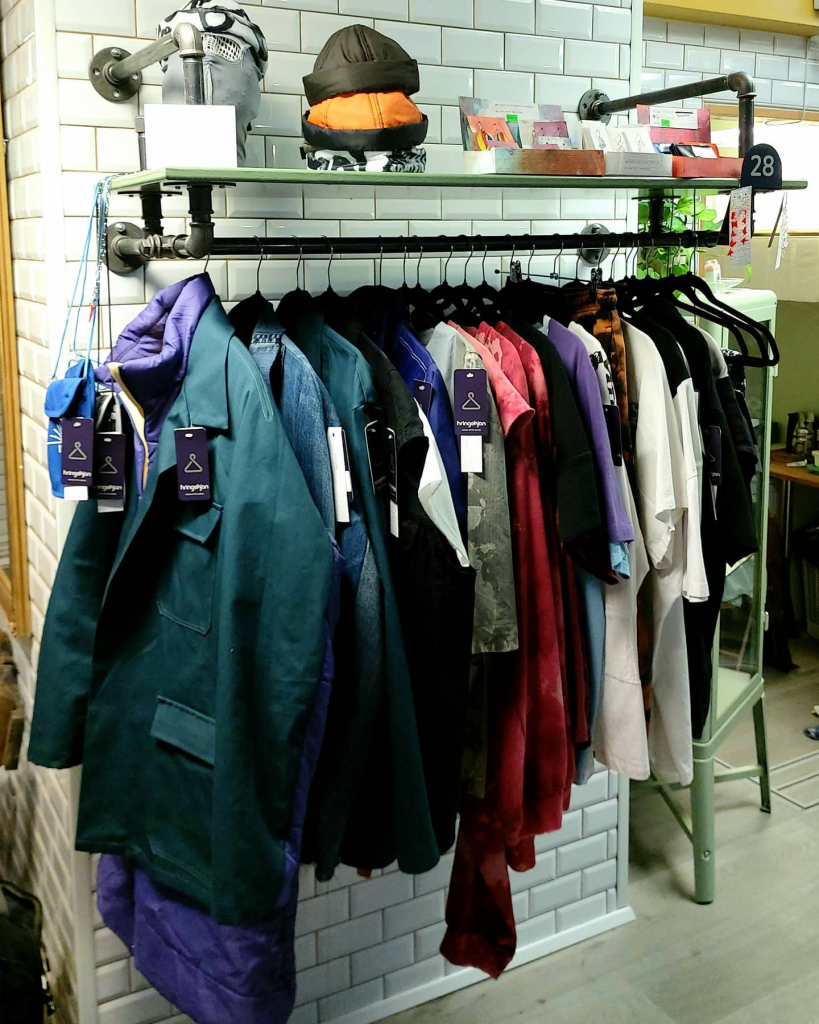
Every pair of their denim pants are cut, sewn and finished by Endurtakk in downtown Reykjavik and every piece of denim used in their production is sourced from textile waste which was destined for overseas shipping. They give new life to this material, prolonging its viability and in the short term saving yet more denim from entering the landfill. Their labels are cut from leftover heat-press vinyl, this keeps the waste, water and carbon footprint of their products very small. For example it only takes around 10 liters of water to make a single pair of Endurtakk Denim Rework Pants, compared to the world average of 1,400 liters per pair of regular blue jeans.
Plastplan is a small startup founded by product designer Björn Steinar and Brynjólfur Stefánsson in 2019. The goal of Plastplan is to fully recycle all plastic materials, which means completely processing plastic into new times, not just bury or burn them. Plastplan receives all 7 types of consumer plastic. They chop these items down and melt them, then they form them into new products. Some of the products they have been creating are glass mats, flowerpots, multipurpose screws and utensils. Today, Plastplan is working directly with Icelandic retail companies in a very circular economic way. They receive their plastic waste and create products that the same retailer has requested and then sell it back to them.
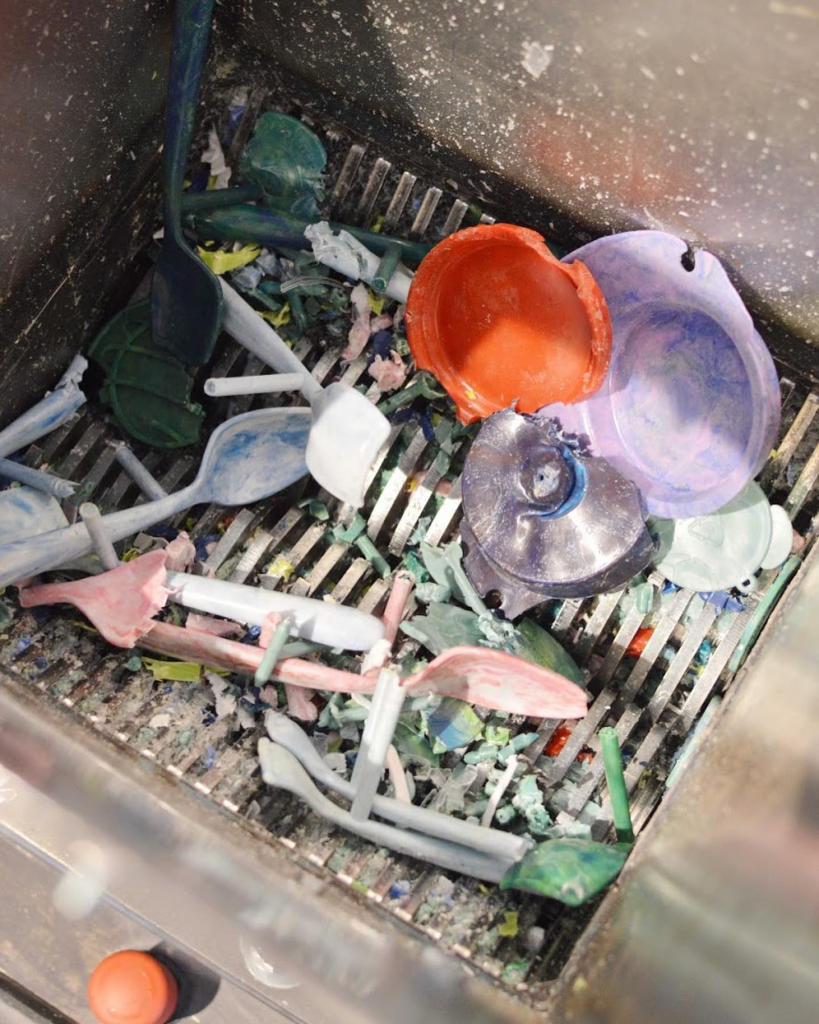
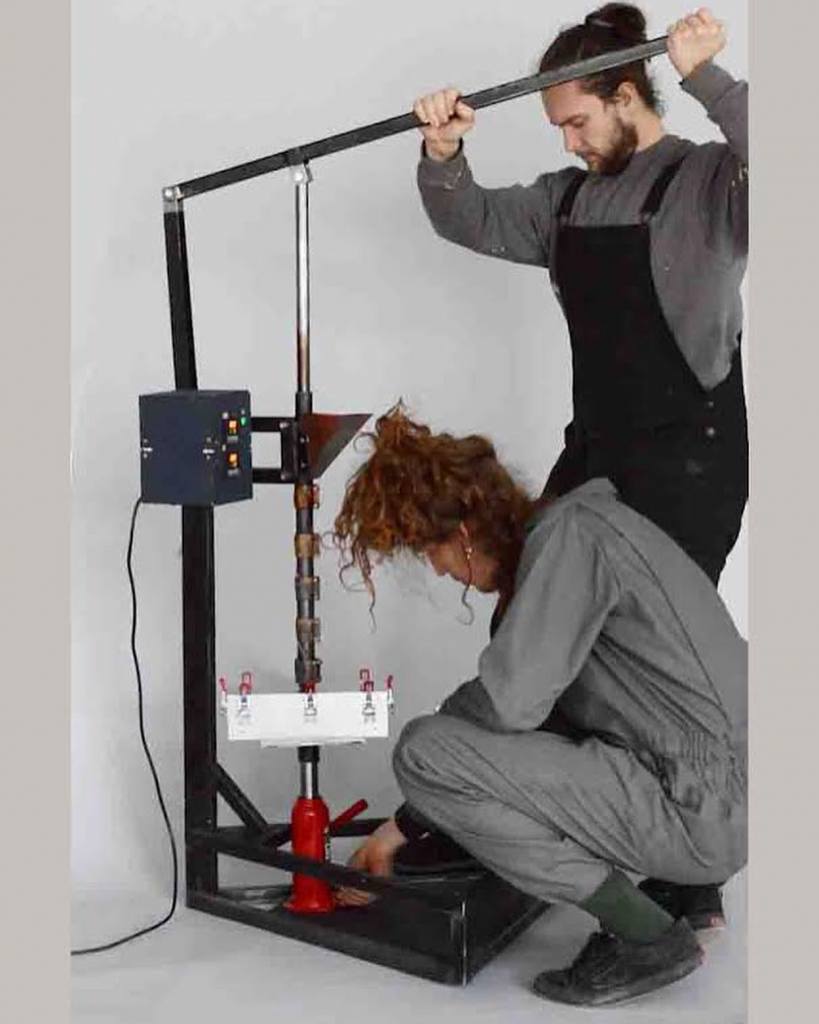
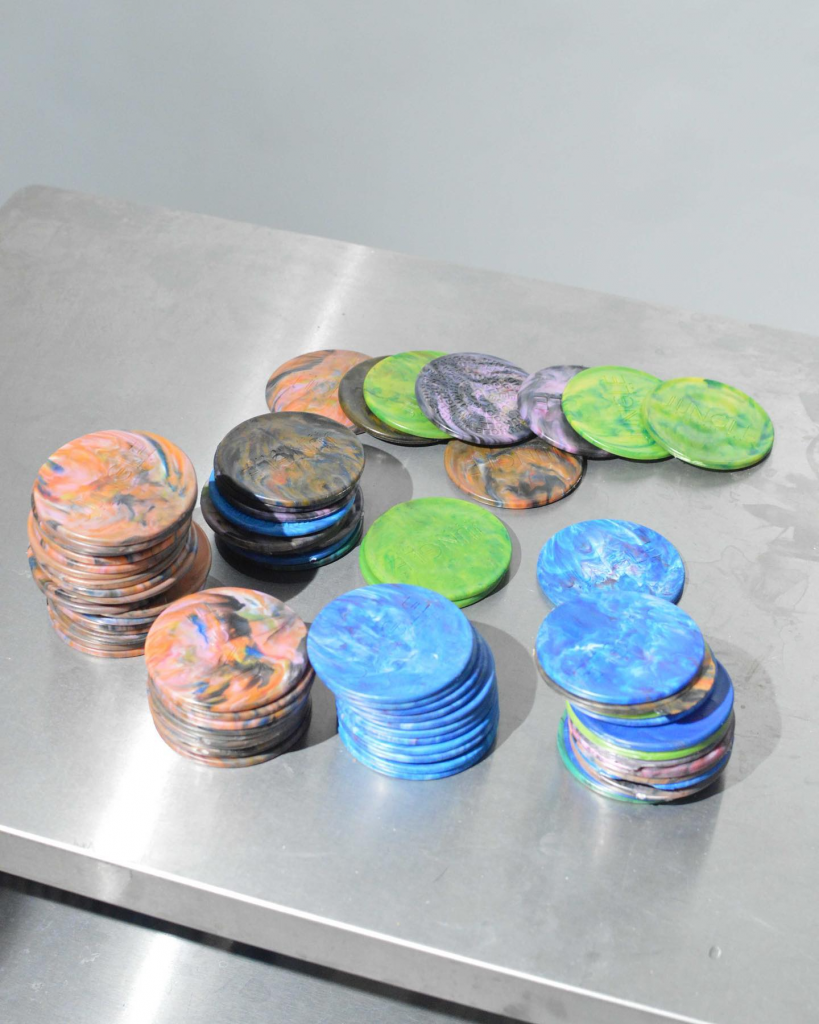
GreenBytes combats food waste in Icelandic restaurants using a cloud-based solution that advises restaurants on how much food they should be ordering. The progressive web application breaks down menus, tracks inventory, and predicts future food consumption using machine learning algorithms. Once future sales are predicted, GreenBytes suggests how much of each raw ingredient the restaurant should order in the upcoming days. If the restaurant agrees with the suggestion, they can approve the order which automatically notifies all of their distributors. Reduced food waste equals increased profits!
Otoseeds collects wasted paper, fish waste and seeds to produce a dense paper that comes to life when it is watered. The paper is used to create a collection of biodegradable products.
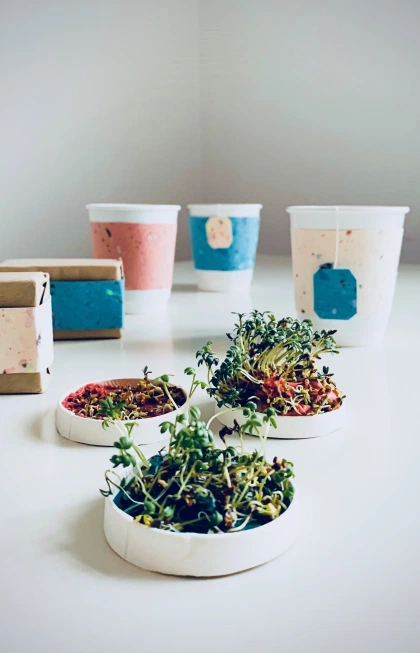
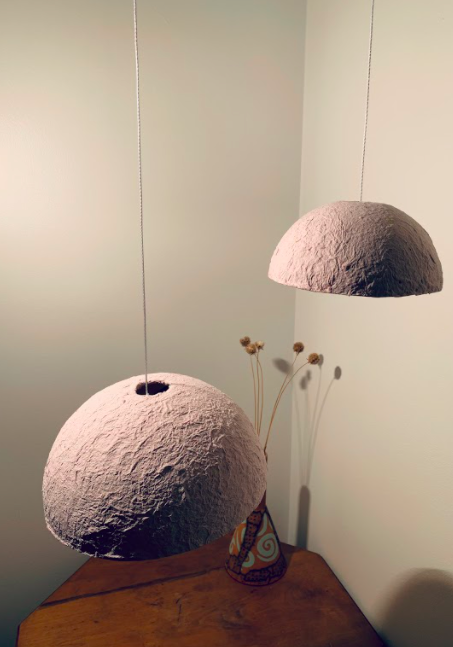
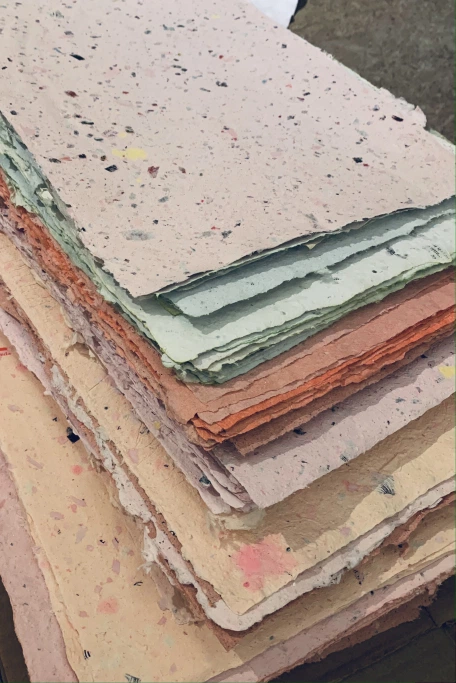
The idea was born following the Maketahon challenge from Matís (a non-profit company) in October 2020. It was titled “How can we use organic waste from the fishing industry to make it more sustainable?”. The team was made up of three individuals with different backgrounds, and they ended up winning the Makeathon challenge. The idea was to combine the tradition of papermaking and waste from the Icelandic fishing industry. They make paper by binding together ground cod bones which is phosphorus-rich fertilizer, and otoliths as pH neutralizing agent, quality paper additive and calcium-rich fertilizer. By adding seeds into the paper they have designed the next step of the zero waste cycle – it could grow into food or flowers.
Otoseeds uses design to get their message across – put the importance of sustainability and waste reduction into the spotlight.
